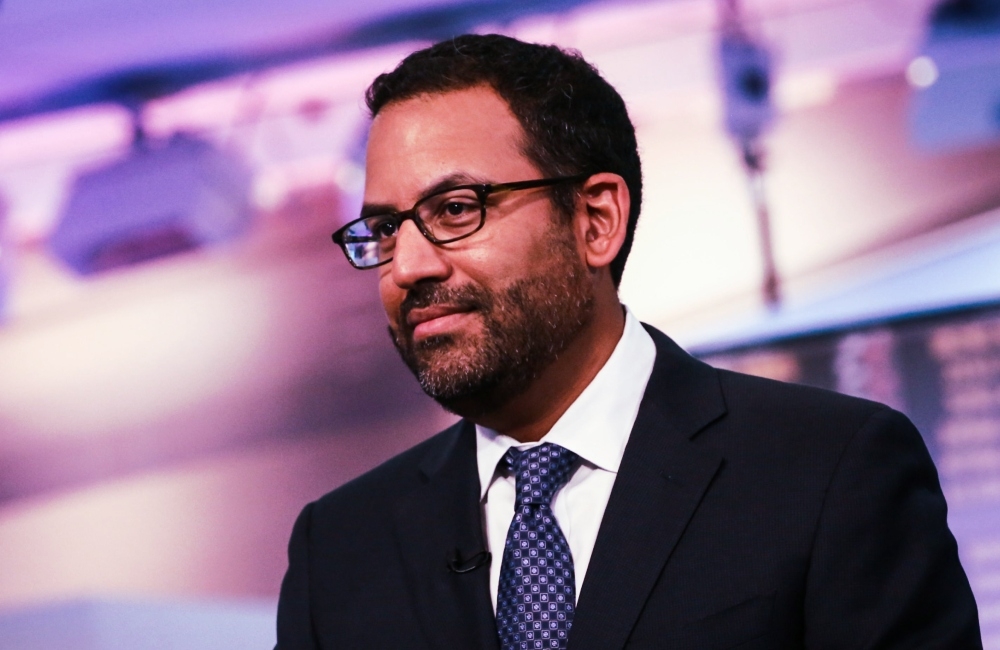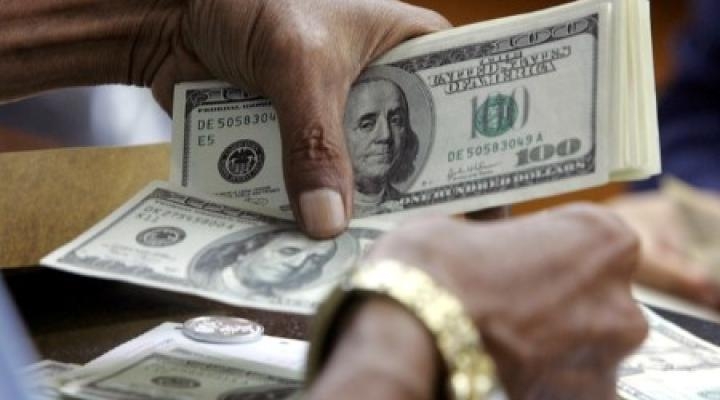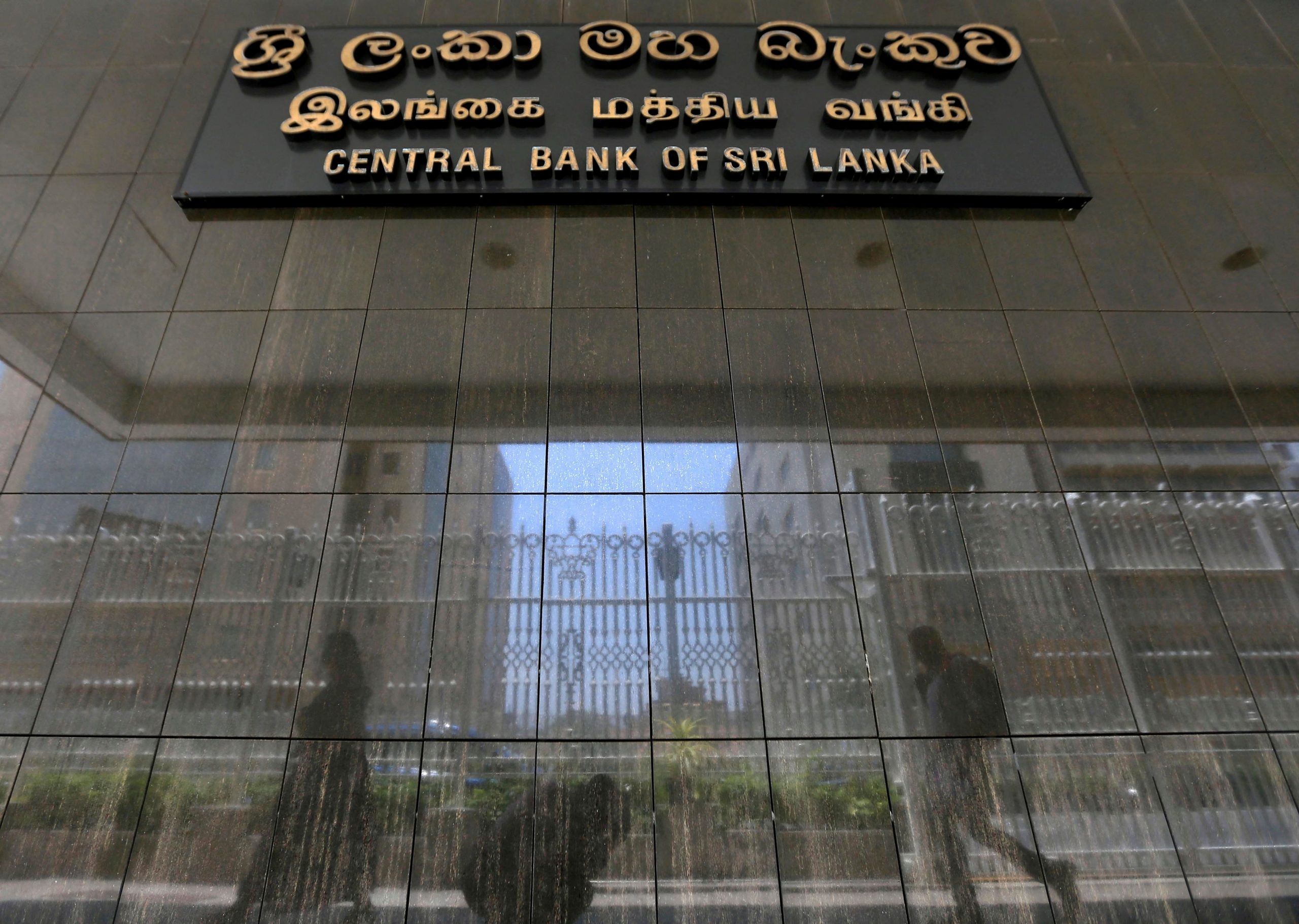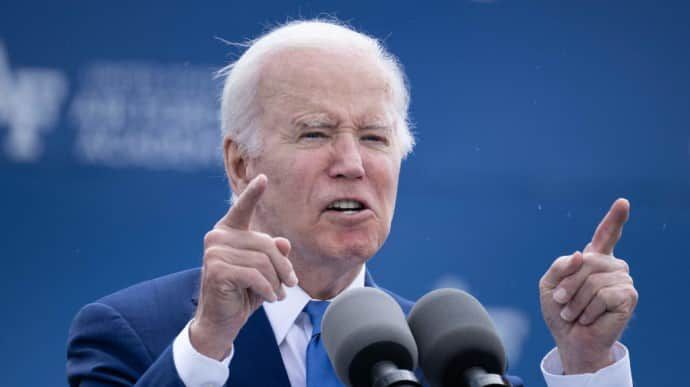In a week marked by political tension in Washington and wavering economic activity in China, investors found solace in signs of progress surrounding US debt-ceiling talks, prompting modest gains in global stock markets.
Europe led the charge, with significant gains in mining and financial services stocks pushing most sectors in the regional benchmark into positive territory. Meanwhile, U.S. equities futures remained steady, reflecting the momentum of the S&P 500, which ended Thursday at a nine-month high. The tech-heavy Nasdaq 100 also demonstrated robust performance, adding nearly 2% to its value.
Asian markets followed suit, with Japan’s Topix index poised for its best week since November and a fresh 33-year high. However, China bucked the trend as mainland and Hong Kong shares grappled with the pressures from internet giants. Alibaba Group Holding Ltd., in particular, felt the strain, with disappointing sales contributing to signs of a faltering post-Covid recovery in the world’s second-largest economy.
Currency markets also experienced shifts. The US dollar’s strength declined, potentially ending a three-day streak of gains, while Treasuries remained steady.
Investors worldwide turned their attention to Washington as President Joe Biden encouraged negotiators to find a resolution to the debt-limit impasse. House Speaker Kevin McCarthy hinted at a potential agreement over the weekend, a move that would stave off a catastrophic U.S. default. Additionally, market participants eagerly awaited insights from Federal Reserve Chairman Jerome Powell at a Fed conference for indications on potential interest rate adjustments.
Current market pricing suggests a 40% chance of the Fed raising rates at its June meeting. These odds contrast with the opinions of central bank figures such as Fed Bank of Dallas President Lorie Logan, who suggested that a pause might be in order next month, contradicting the more dovish sentiments of central bank Governor Philip Jefferson.
Chinese data released this week underscored the challenges facing the Asian giant, as activity seems to be losing steam. Private firms barely increased investment, and households cut back on goods. This slowdown led to depreciation in the offshore yuan to levels unseen since late last year. A willingness among Chinese officials to tolerate a weaker currency could hint at attempts to stimulate domestic activity.

Goldman Sachs Asset Management’s chief investment officer, Ashish Shah, commented on this situation during an appearance on Bloomberg Television. “The recovery in China is slowing down,” he noted, adding that the country’s central bank would “have to run a lot looser policies going forward.”
In addition to monitoring these macroeconomic indicators, investors are also focusing on the potential impact of increasing equity trading volumes. This heightened scrutiny comes as approximately $1.7 trillion of derivatives contracts tied to stocks and indexes are set to expire on Friday, which, according to Goldman Sachs Group Inc. strategist John Marshall, typically triggers a surge in trading and sudden price fluctuations.
As the week concludes with these developments in focus, the global markets will continue to closely follow the actions of central banks, particularly the Federal Reserve, and political negotiations in Washington. While the ongoing economic recovery from the Covid-19 pandemic remains uneven across the globe, the direction of the markets will depend on how these elements evolve in the coming days and weeks.
©traders-news.online










